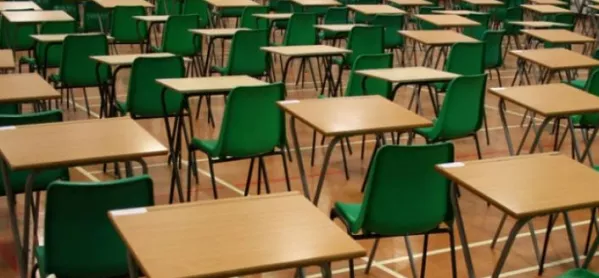The number of pupils sitting GCSE exams that count towards the English Baccalaureate performance measure increased this year, while non-EBacc subjects declined, according to new figures.
Data published today by Ofqual shows entries in EBacc subjects increased by 4 per cent and entries in non-EBacc subjects dropped by 9 per cent this summer compared with 2018.
The number of entries into subjects that count towards the EBacc increased from 4,055,085 in 2018 to 4,206,765 this summer.
Ofqual said the figures show that schools are focusing more on EBacc subjects than those that do not count towards the performance measure.
#BaccDown: Teachers warn of impact of EBacc on creative subjects in schools
Ofsted expectations: Inspectorate rows back on judging schools’ EBacc progress
Call for expansion: MPs want arts to be added to the EBacc
The report from the exams regulator, published today, says that Progress 8 and Attainment 8 performance measures are likely to be influencing this trend, as schools can only include a maximum of three non-EBacc GCSEs.
The figures show that there have been increases in entry in most EBacc subjects, and in combined science, English language and maths in particular.
The EBacc, which was created by the government to encourage schools to focus on academic subjects, comprises English language and literature, maths, the sciences, geography or history and a language.
Modern foreign language entries have increased overall by more than 4 per cent (from 288,305 to 301,055), after stabilising last year.
Ofqual said this was the first significant increase in recent years. French and Spanish entries increased by about 4 per cent and 10 per cent respectively, but there was a slight decrease in German entries (-2.5 per cent).
Last week it was revealed that schools had been trying to boost EBacc entry rates by spending less time on the rest of the curriculum or offering non-EBacc subjects in “after-school sessions”, according to government-commissioned research.
The study for the Department for Education by ASK Research also showed that some schools offered subjects outside the EBacc “through enrichment”, and that they were not necessarily studied to GCSE.




